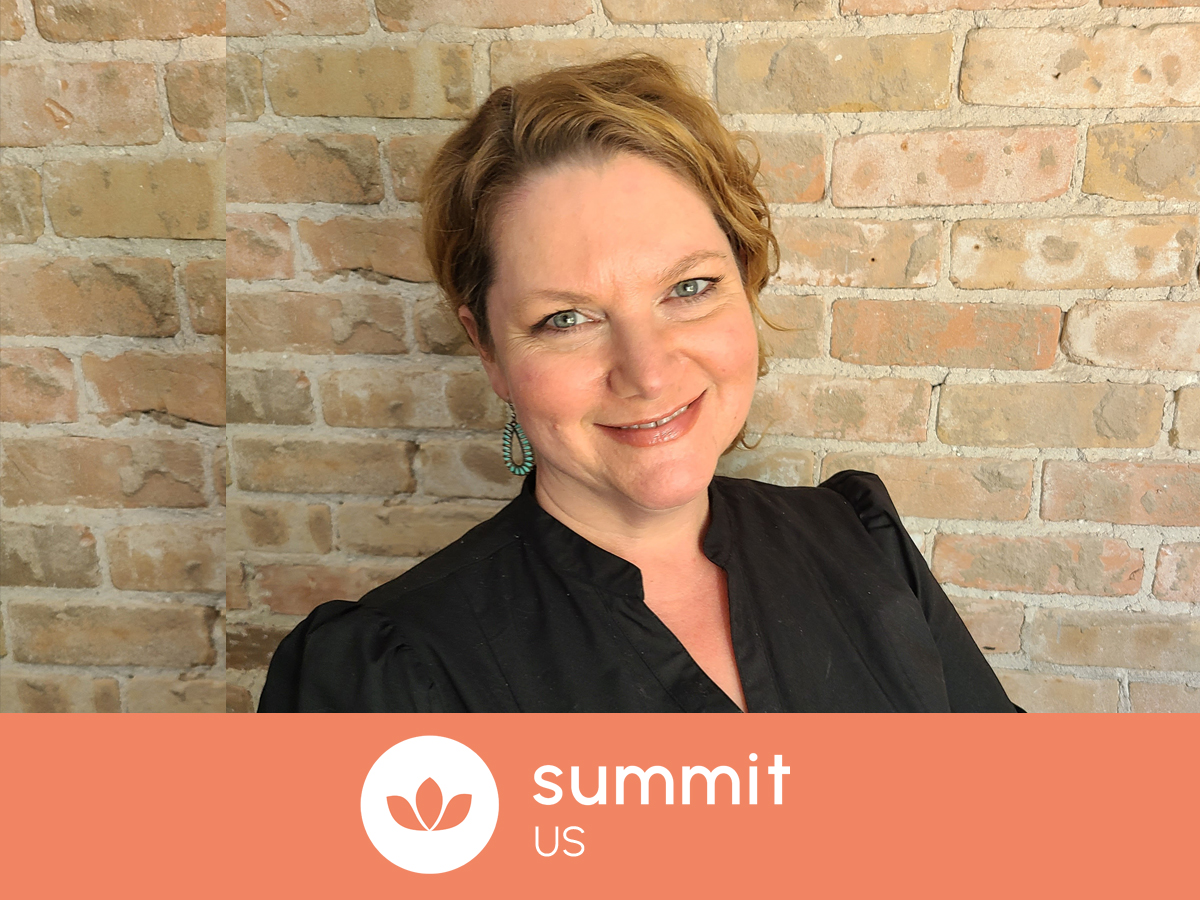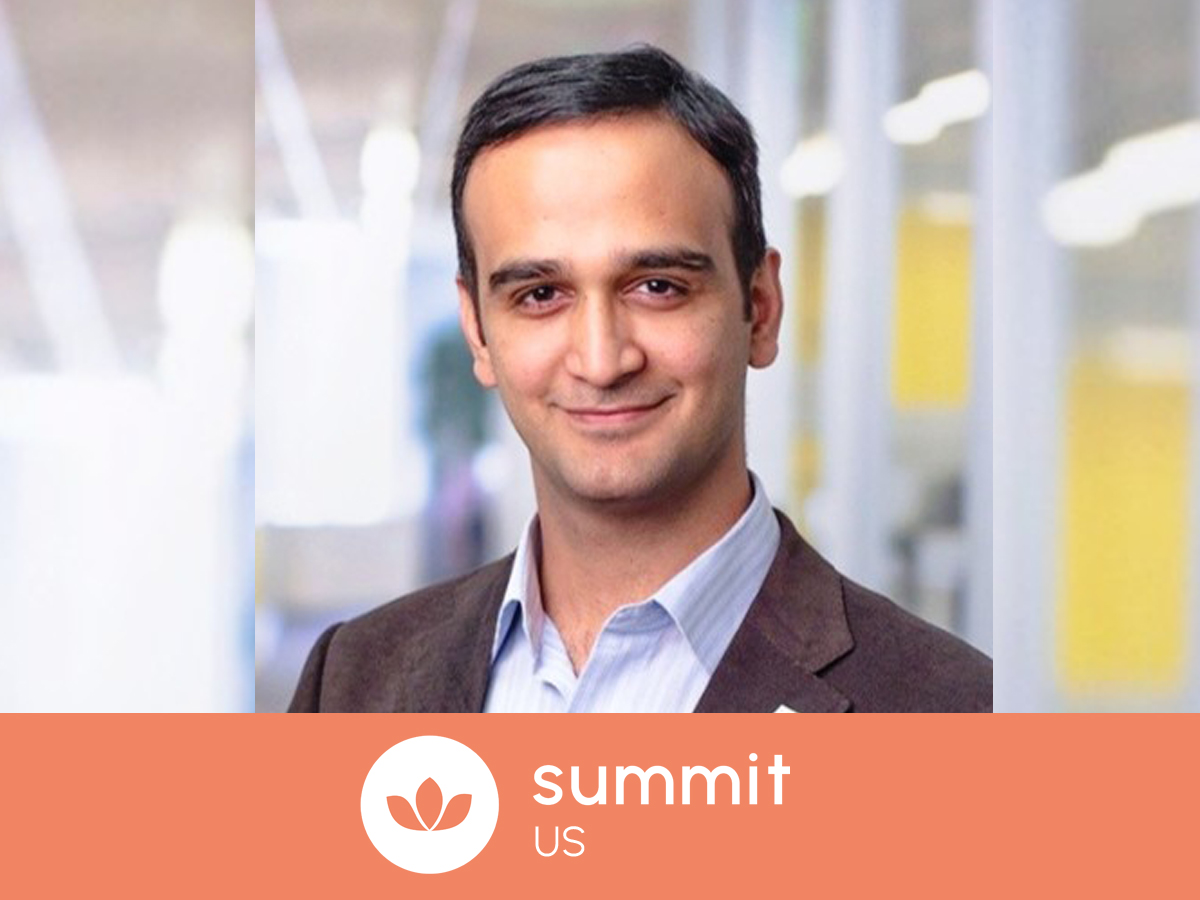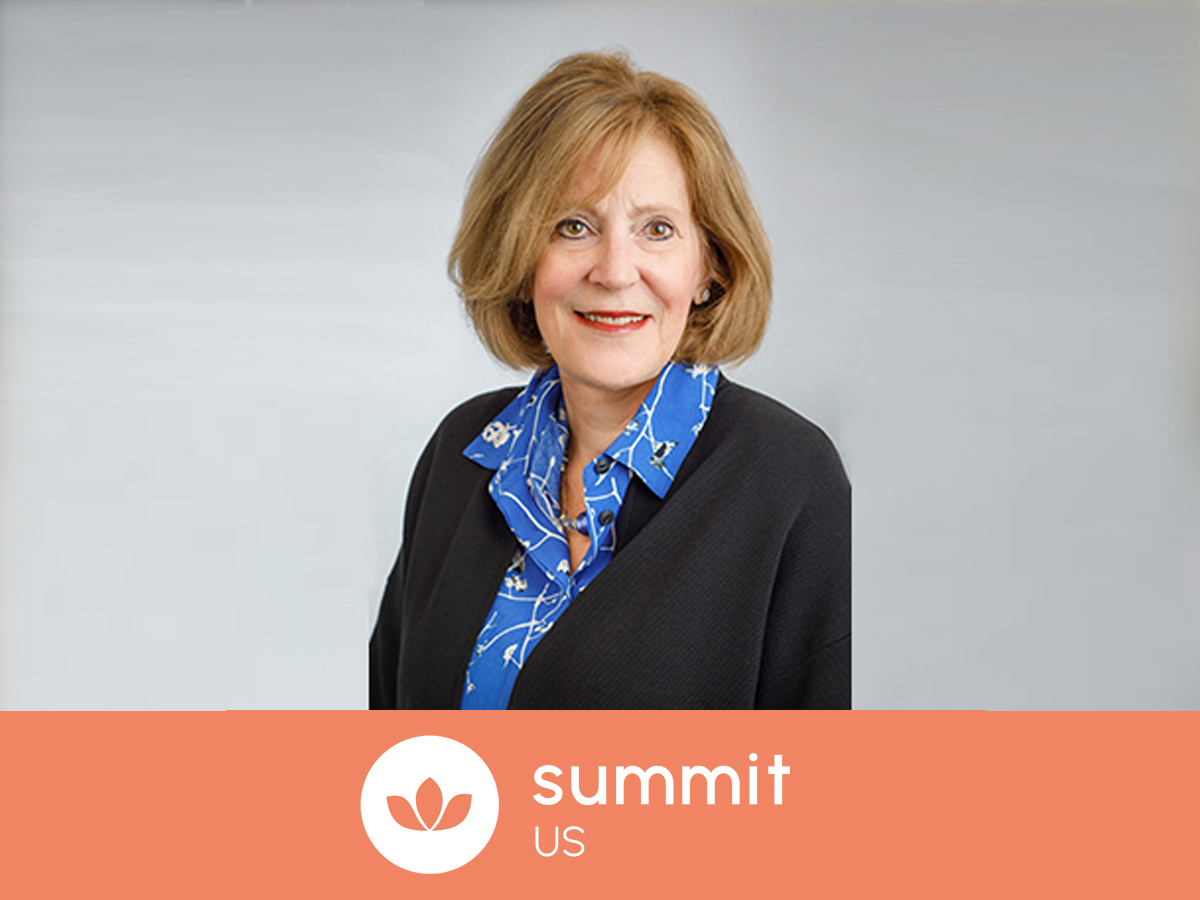
Fran grew up in Italy where she completed Tourism & Events Management studies & moved to Manchester in 2015, graduated from University of Salford in Business & Events Management whilst starting her career in hospitality. People & building connections have been a constant in her journey, as a receptionist first & as Events Manager now. She is very passionate about Personal Development & took on the role of Wellbeing champion for Bridgewater Hall qualifying as Mental Health First Aider in February 2024.
Fran strongly believes in the importance of having Wellbeing advocates at different levels within the organisation – key conversations happen as colleagues wait together for the kettle to boil
We are delighted that Francesca will be speaking in Manchester as part of our UK Summit. We caught up with her to find out how she’s feeling in the runup to the event.
Hi Francesca, we are thrilled that you will be speaking at the Wellbeing at Work UK Summit in September. Our first and most important question is, how are you doing today?
I am doing really good actually 😊
As a leader based in the region, what are the main challenges you are facing when it comes to employee wellbeing and mental health?
Coming from a hospitality background, I have seen the same patterns repeated in different roles I’ve covered and the recurring theme I’d say is employees not being recognised for the hard work that they put in on their day-to-day. Looking back, the initiatives and projects that had been brought on board really felt like a band-aid on a broken arm and that’s a pattern that seems to be changing, but there is still a long way to go. Genuine catch ups and check-ins between people at the top – not just heads of Department, but even General Managers or CEOs and regular employees would do a whole lot more for a team’s morale than a Yoga class or a pizza Friday.
Why is employee wellbeing so important to you personally?
Over the course of my career in hospitality so far, I have seen many people go through challenging times with their mental health and eventually leaving the organisation because of the lack of support. I think I am a good listener and I take a genuine interest in my colleagues’ wellbeing, offering support or just a friendly shoulder to cry on, and it really gets to me when I see brilliant individuals that actually care about the business and the industry they work in, going through challenging times and not being able to offer any “practical” help in the workplace.
What impact is AI having in your organisation and how are you managing that?
We haven’t implemented the use of AI on Day-to-Day operation or related to Staff wellbeing. We do use it to an extent for our security systems but that’s only a security department remit.
What areas do you think employers should be focused on over the next 12 months?
I know it’s easier said than done, but they should step away from the corporate approach to wellbeing and be more human. Get to know the people that actually make the business happen with everyday operations and recognize them as people with everyday concerns and shared worries. Make the employees feel safe on a personal level, so they can be comfortable in sharing what’s happening in their lives without being treated as a “mental health case” and worry they’d be discriminated against. Ask the people on the field what they need rather than assuming what the needs are or adopting solutions as one size fits all.
Do you feel that investment in employee wellbeing in the region is increasing or decreasing and is that a direct reflection on HR leaders’ increasing ability to demonstrate effective returns of their strategies to leadership?
There is definitely more attention to the subject and it’s a more frequent topic of conversation, however the actual investment is not consistent enough across different industries and companies. More often than not, it’s down to people within the organisation who have a personal interest in Mental Health and Personal Development to take initiative and try to put together activities for their colleagues, often with no or low budget. I don’t think this is necessarily a reflection on HR leaders’ performances as not every business has the same structure and can be approached the same way.
How has your organisation been leading the way?
One thing I found to be really beneficial and more effective than previous approaches was to put out the offer to all employees to apply to be a MHFAider rather than making it a mandatory training for HODs only.
This has meant that people that genuinely care about the subject could get the proper training to be able to assist their colleagues in the best possible way. People are more likely to open up to someone on their same level rather than an HOD and because it was offered on a voluntary basis, it didn’t feel like another tick box exercise never to be looked at again.
It also gave us the opportunity to create a network of Wellbeing champions within the wider UK organisation and other venues, to share ideas and experiences.
Francesca will be speaking in Manchester at the Wellbeing at Work Summit UK.
Our London Summit takes place on 23rd September. Visit our London webpage for further details and to book your tickets.
Our Manchester Summit takes place on 25th September. To find out more about our Manchester Summit and book your tickets please visit our Mancherster webpage.



